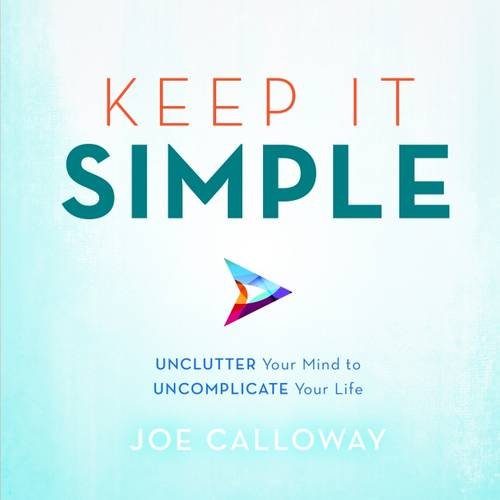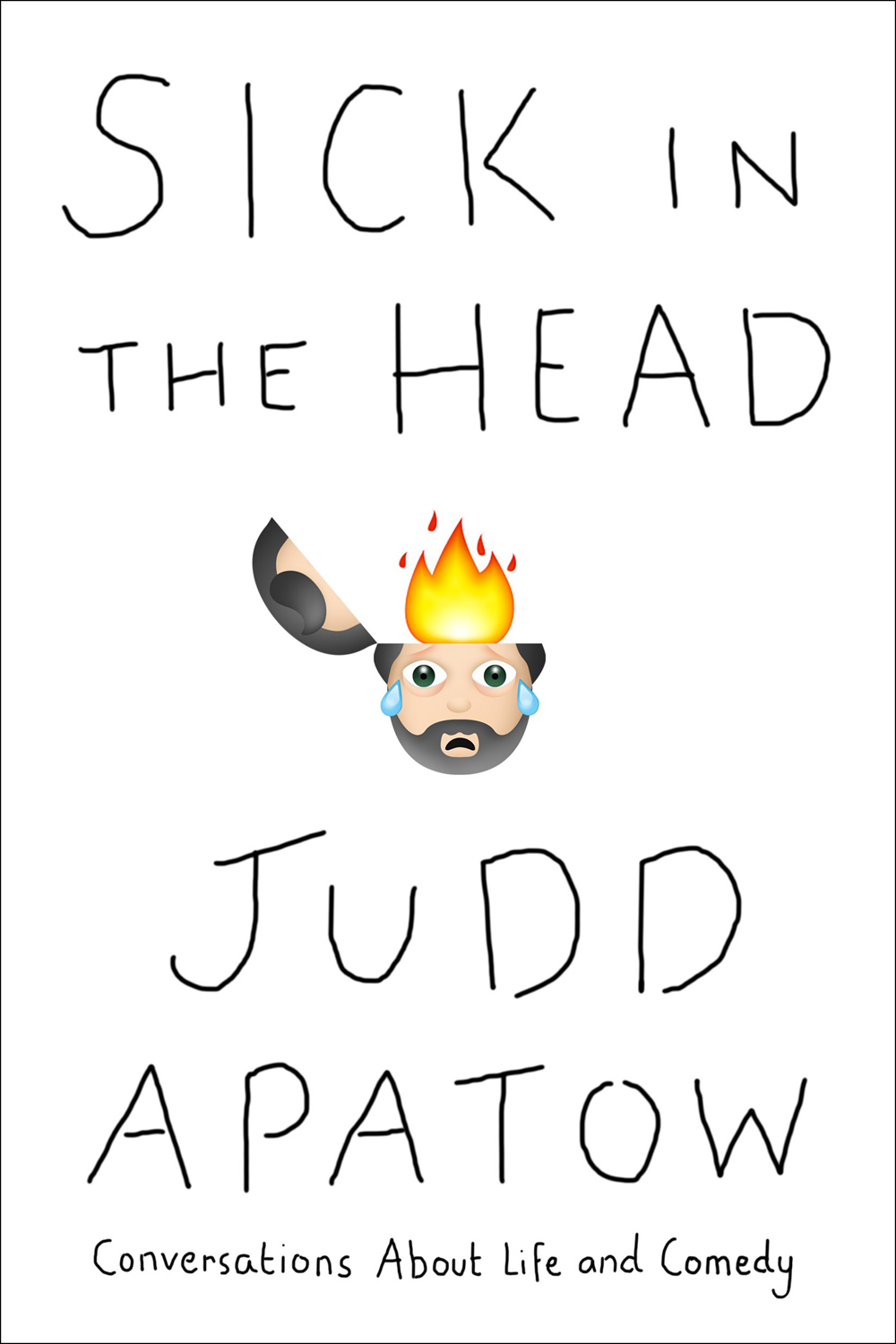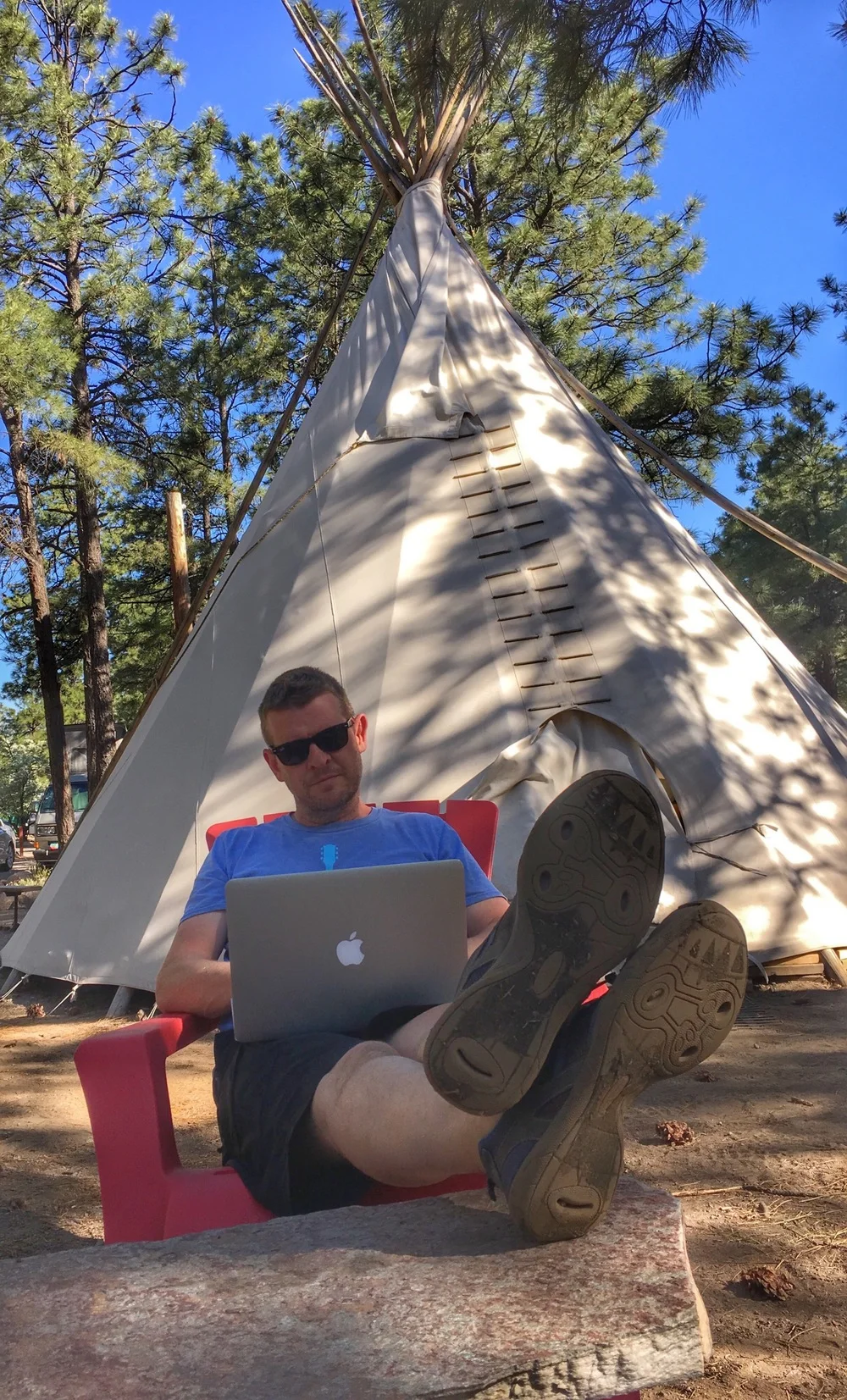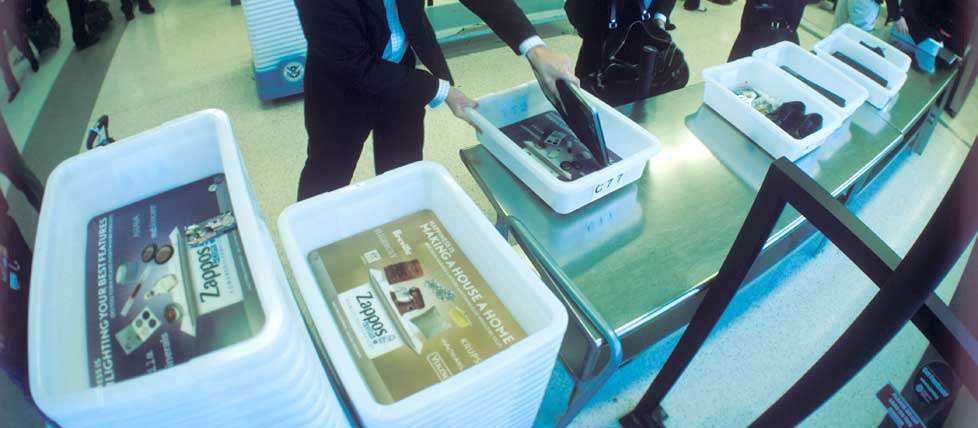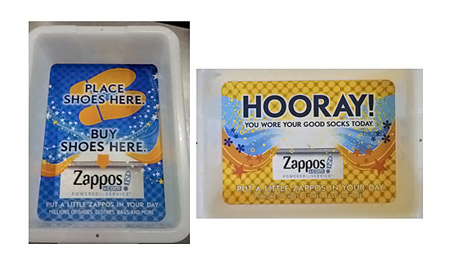I'm a slow reader, so when I finally finish a book, it's a big deal to me. I wish I could burn through books like many people I know, but I need to nurse them like a fine wine. I do my best to take notes and highlight sections that stand out to me. I did this a bunch reading Judd Apatow's book, Sick in the Head: Conversations About Life and Comedy.
The book is a collection of interviews with many of the biggest names in comedy, from Jerry Seinfeld and Chris Rock, to Mel Brooks and Sarah Silverman. It's a treasure trove of thought provoking advice about life, writing, and performance.
I have always enjoyed Apatow's movies like Funny People, Knocked Up, The 40 Year Old Virgin, This Is 40, and I loved Freaks and Geeks. All of his work speaks to me. What I didn't realize was how dedicated he is to the art of comedy.
It begins with guts and dedication
Some of the interviews in the book are from the 1980s when Apatow called comedians to request interviews for his radio show. When they agreed, they didn't realize a 15-year-old high school kid would show up with a tape recorder. That takes guts and dedication. He did air the interviews on his school radio station, so it wasn't a lie, but the station didn't broadcast past the walls of the school.
Apatow went on to perform stand-up comedy in Los Angeles. He seemed to cross paths or work on projects with some of the best names in comedy. He was an executive producer of The Ben Stiller Show (one of my favorites), The Larry Sanders Show (another favorite), and so many more classic shows and movies. I love that he has been inspired to start performing stand-up again after all of these years.
Reading Sick In The Head has reinvigorated my interest in performing comedy. I've written here before about studying and graduating from Second City in Toronto. I even had my own improv comedy troupe for about a year in Galway, Ireland, where we performed every Thursday night. I've never done stand-up, but I have material floating around in my head and in notebooks, so who knows. I also used to record fake radio shows and crank calls, when I was a kid. Garry Shandling mentioned that, "for some reason, every comedian he knew pretended to have a radio show as a kid." Perhaps I should take this as a sign.
I learned so many lessons about life, writing, and performing from the interviews. I have transcribed them below for you. I highly recommend you pick up a copy of Sick In The Head. I expect each reader will find gems that apply to themselves. There are many more guests in the book like Steve Martin, Martin Short, and Steve Allen. Here are the quotes from Sick In The Head that stood out to me most. I hope these inspire you too.
On Life...
Albert Brooks
"There's no line at the bank for being ahead of your time."
"Be generous and you can be the best person who ever lived."
"The subject of dying and getting old never gets old."
Chris Rock
"You learn more from fucking up than you do from success, unfortunately. And failure, if you don't let it defeat you, is what fuels your future success."
Keegan-Michael Key
"You've got to delegate. Trust people and delegate."
"But then you get the tools, and one of those tools is the confidence to say, "Of course I can do that."
Louis C.K.
Sarah Silverman
Spike Jonze
"I always wanted to know why before I believed something."
"...but in skateboarding, the city is a playground. Look at things differently."
Eric Idle
David Sedaris
Jay Leno
Judd Apatow
"…success never satisfies whatever you thought it was going to do for you."
"As soon as I let go, everything went better….my career took off."
"I feel like, as creative people, we're all on this journey to get comfortable with who we are, to understand who we are, to find a way for our art to express that."
"…life is about finding ways to connect to other people…"
(On Garry Shandling's advice) "You have to have a dream before you can execute it."
"…they have a vision, and they work their asses off to make it a reality."
"A lot of the need to be productive is the terror of things falling apart."
"(Jay Leno) made me want to treat people kindly."
On Writing...
David Sedaris
Jerry Seinfeld
"It's one thing to see something. And I think the next step is to do something with it."
"If you always want less, in words as well as things, you'll do well as a writer."
Garry Shandling
"The most important thing a comic can do is write from his insides."
"Whenever you turn to what the organic state of any given character is, the fears and the anger and the struggle, you're going to get conflict and a lot of hilarious stuff."
James L. Brooks
"It's worth it. Writing is worth it."
"You can't do your best work when you're self-conscious, when you're conscious of yourself."
Jon Stewart
Mike Nichols
Sarah Silverman
Stephen Colbert
Jay Leno
Judd Apatow
"Start with an incredibly immature person who needs to learn a lesson."
"Think in terms of the human story." Garry Shandling… "Yeah, this is the big bang of it."
"Then I read somewhere that the best gift you can give other people is your story…"
"…you write movies to figure out why you're writing the movie."
"And that was probably the turning point for my whole career, realizing that the little moments that I thought were boring or just not interesting to other people are actually the things that people would be most interested in."
On Performance...
Garry Shandling
Amy Schumer
Harold Ramis
Chris Rock
"When you get real (honest), you have your biggest success."
"When he (Louis C.K.) revealed himself, the whole world connected with him. "
Jay Leno
Judd Apatow
"It is interesting if you watch the arcs of so many comedians. At some point, they just become themselves.
"Hearing what's in your mind truly makes people feel less alone and gives them hope for things that they want to do and get through things that are difficult."
"Do not be afraid to share your story, or to be vulnerable and open when telling it."
"Talking about this kind of stuff onstage means a lot to people. It frees them up to not feel ashamed for struggling. "
Lena Dunham
"There are always people telling you that your experience doesn't matter, that it's navel gazing or unnecessary… But we do need to hear it, because that's who so many people are! I mean, it can be the difference between someone feeling like they have a place in the world and someone feeling they don't… art has a place in making people feel less alone."
The Main Conclusions...
The main conclusion I can draw from Sick In The Head is to be brave and honest enough to write and/or perform stories about your life. It's our stories that resonate with the audience and readers, especially when they are familiar. Treat people kindly and be complimentary. Don't fear failure. Believe in yourself.
Even if you don't plan to become a comedian, you should start a journal and write every day. David Sedaris said, "(In your journal) each morning look at the day before and think, Okay, what was the defining moment of the day? What was the most interesting thing that happened? What was worth remembering?"
Next Steps...
I think this is a great starting point for me. I am also already getting involved with Nashville's comedy community. In the last two weeks, I have seen one improv show (LOL Nashville), several stand-ups, and even went to see Louis C.K. perform. Keep your eyes open for these hilarious local comedians, Michael Hampton, Nate Bargatze, and Dusty Slay.
I've been talking to Luke Watson who is doing amazing work with Third Coast Comedy. I'm craving to perform improv again, maybe even stand-up. If you're subscribed to my newsletter, I will let you know when this happens.
Go grab a copy of Sick In The Head. Be sure to follow Judd Apatow on Twitter. The man is clearly a genius and generous person. I'm excited to see what new projects he has planned for us.
Photo from Flickr by Sonia Recchia for Canadian Film Centre.















